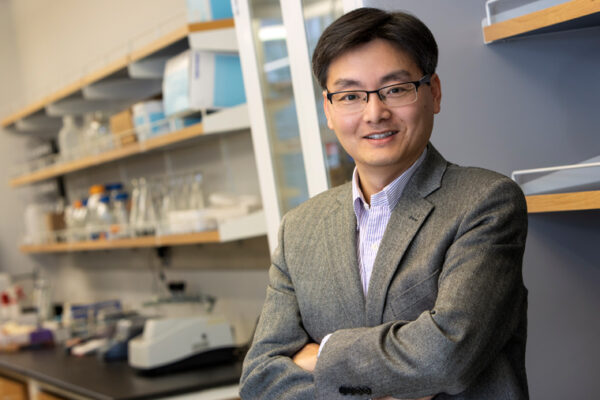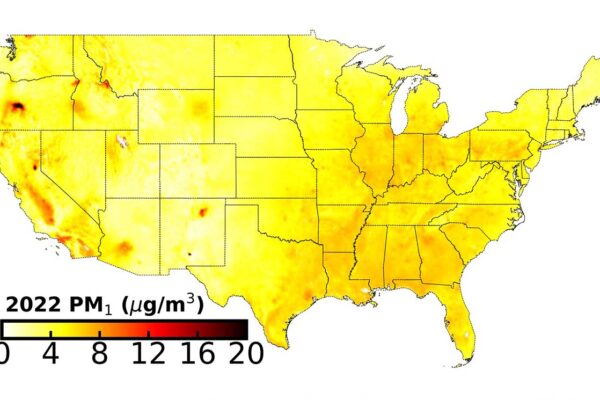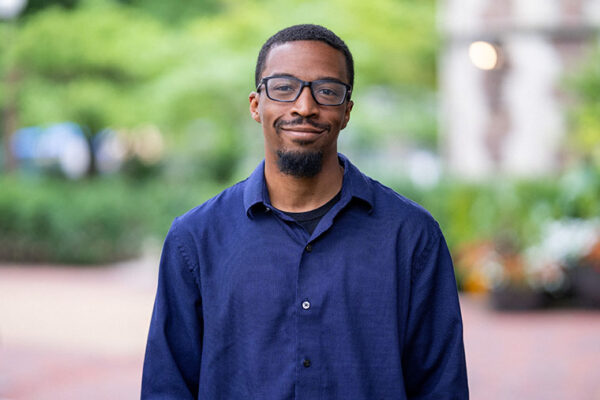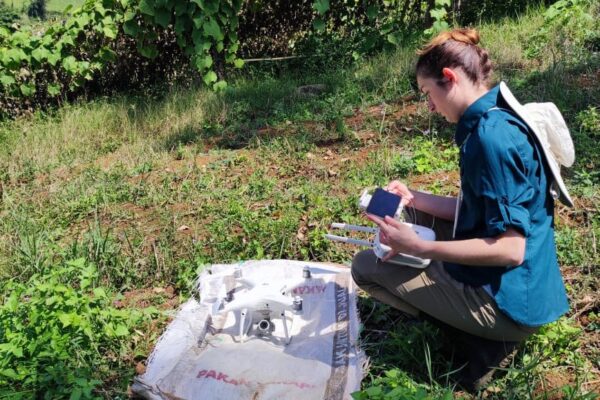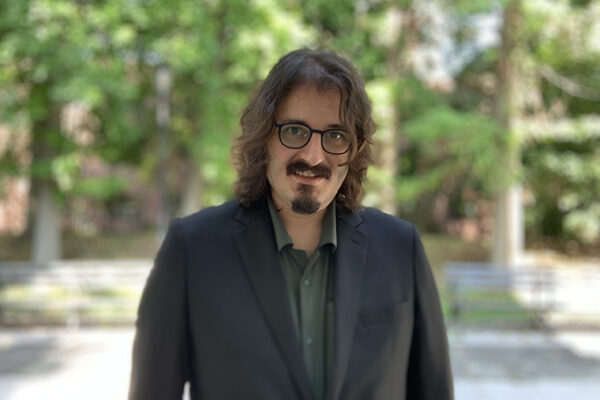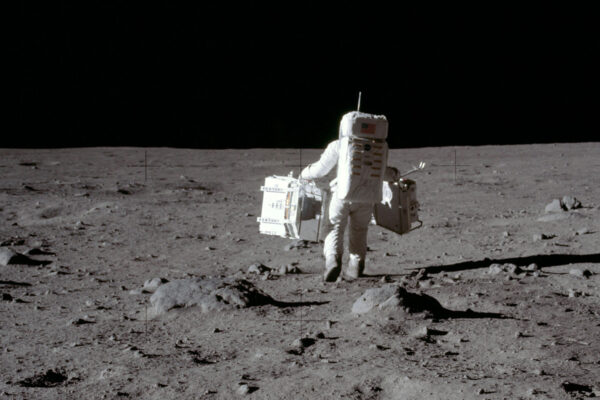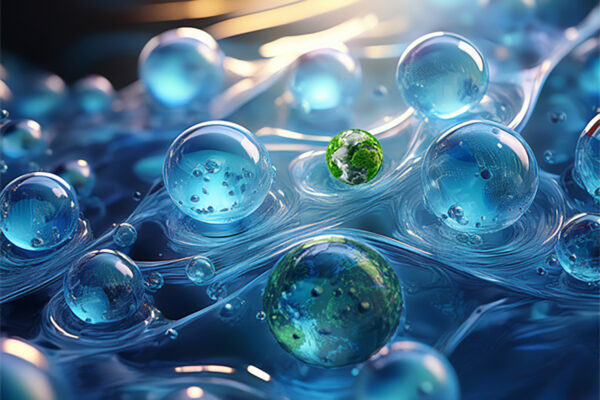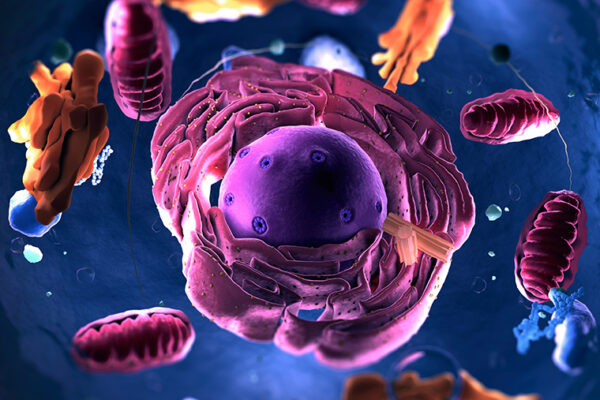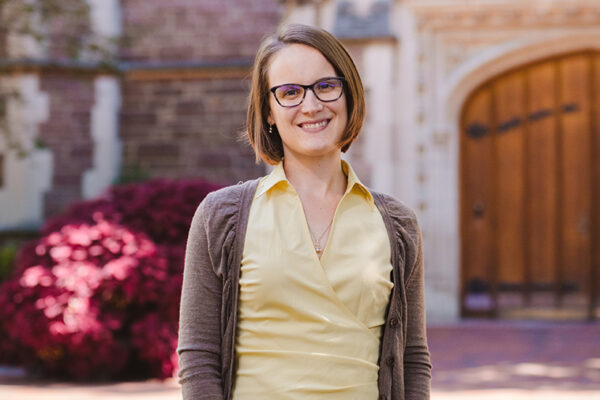He receives environmental engineering award
Zhen He, an environmental engineer at WashU, received the 2025 Frederick George Pohland Medal from the Association of Environmental Engineering and Science Professors and the American Academy of Environmental Engineers and Scientists.
Tiny and toxic: Researchers track smaller air pollution particles across US skies
To help understand air pollution health effects, researchers in St. Louis quantified how the amount of submicron particles in the air has changed over the past 25 years.
Biologist Cox wins young investigator award
Kevin Cox, an assistant professor of biology in Arts & Sciences, received the 2025 Eric E. Conn Young Investigator Award from the American Society of Plant Biologists.
Environmental futures
Discover some of the many environmental projects currently underway among WashU’s graduate student community, the ‘research engine of the university.’
Ethical exotics
Kahan Chavda, BSBME ’16, co-founder of Inversa, a company pioneering the field of ethically harvested leathers, workshops with Sam Fox School students on how engineering and fashion design can support endangered ecosystems.
Cosmic ‘lenses’ will better define dark matter
Physicists Bryce Wedig and Tansu Daylan, in Arts & Sciences, calculated how many gravitational lenses will be uncovered by NASA’s Nancy Grace Roman Space Telescope when it begins science operations in 2027. By examining a large population of these lenses, the researchers hope to learn a lot more about the mysterious nature of dark matter.
Why the moon shimmers with shiny glass beads
Using a variety of microscopic analysis techniques not available when the Apollo astronauts first returned samples from the moon, physicist Ryan Ogliore in Arts & Sciences helped unlock the secrets of tiny lunar beads.
New hydrogel treatments turn water waste into fertilizer
Environmental engineers at WashU have developed hydrogels to transform wastewater nutrients into useful feedstocks and fertilizers.
Uncovering how cells allocate space to make way for new growth
A study led by physicist Shankar Mukherji in Arts & Sciences uses a new technique to simultaneously visualize how six major organelles within a cell change as the cell grows. The work has implications for how cells regulate metabolism and growth, which is important in both health and disease.
Students don’t learn the way they think they do
A new study reveals that students learn best through prediction activities, even though they don’t realize it. This idea is at the center of research published by biologist Elise Walck-Shannon and her co-instructors for an introductory genetics course in Arts & Sciences.
Older Stories
